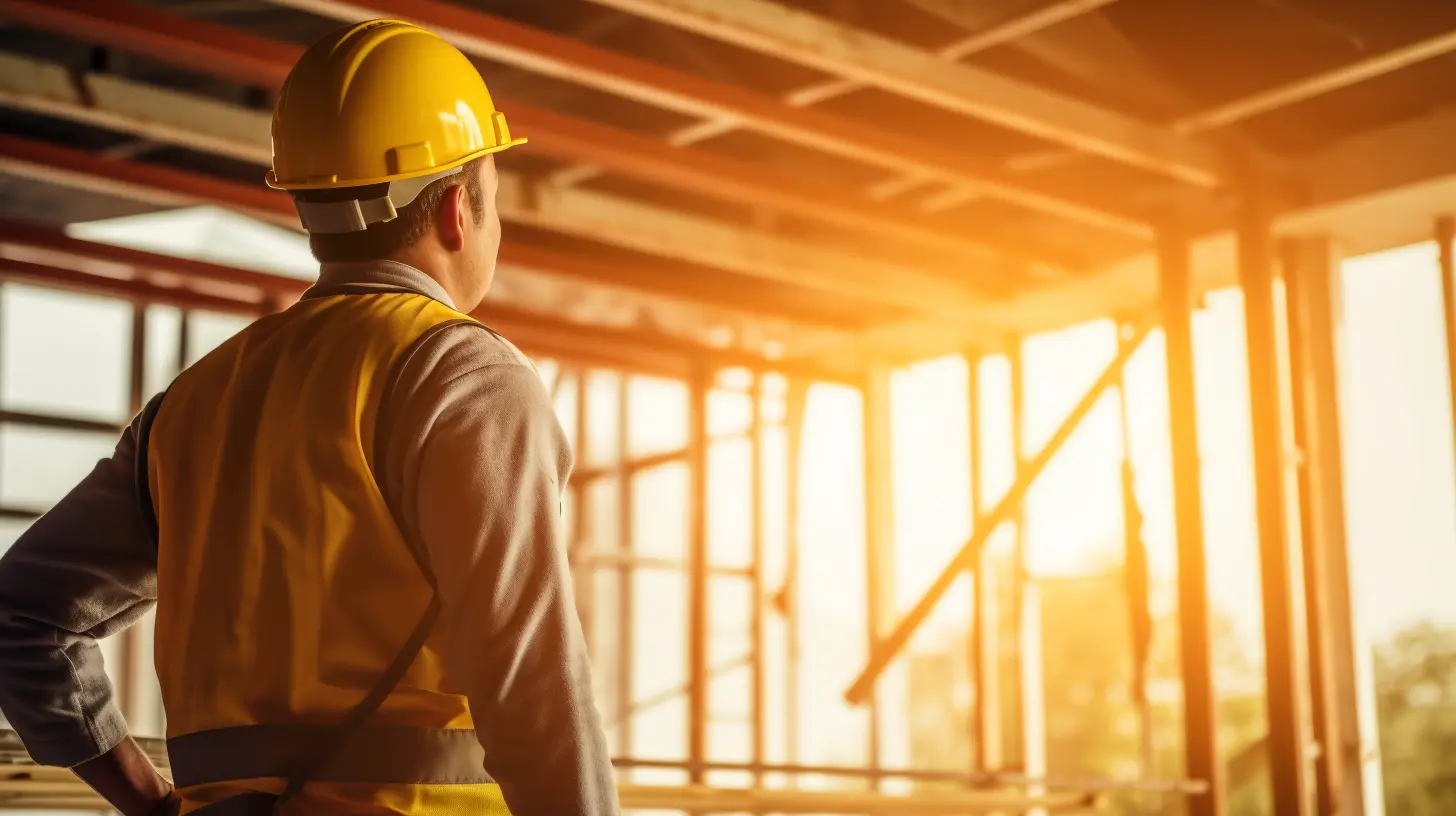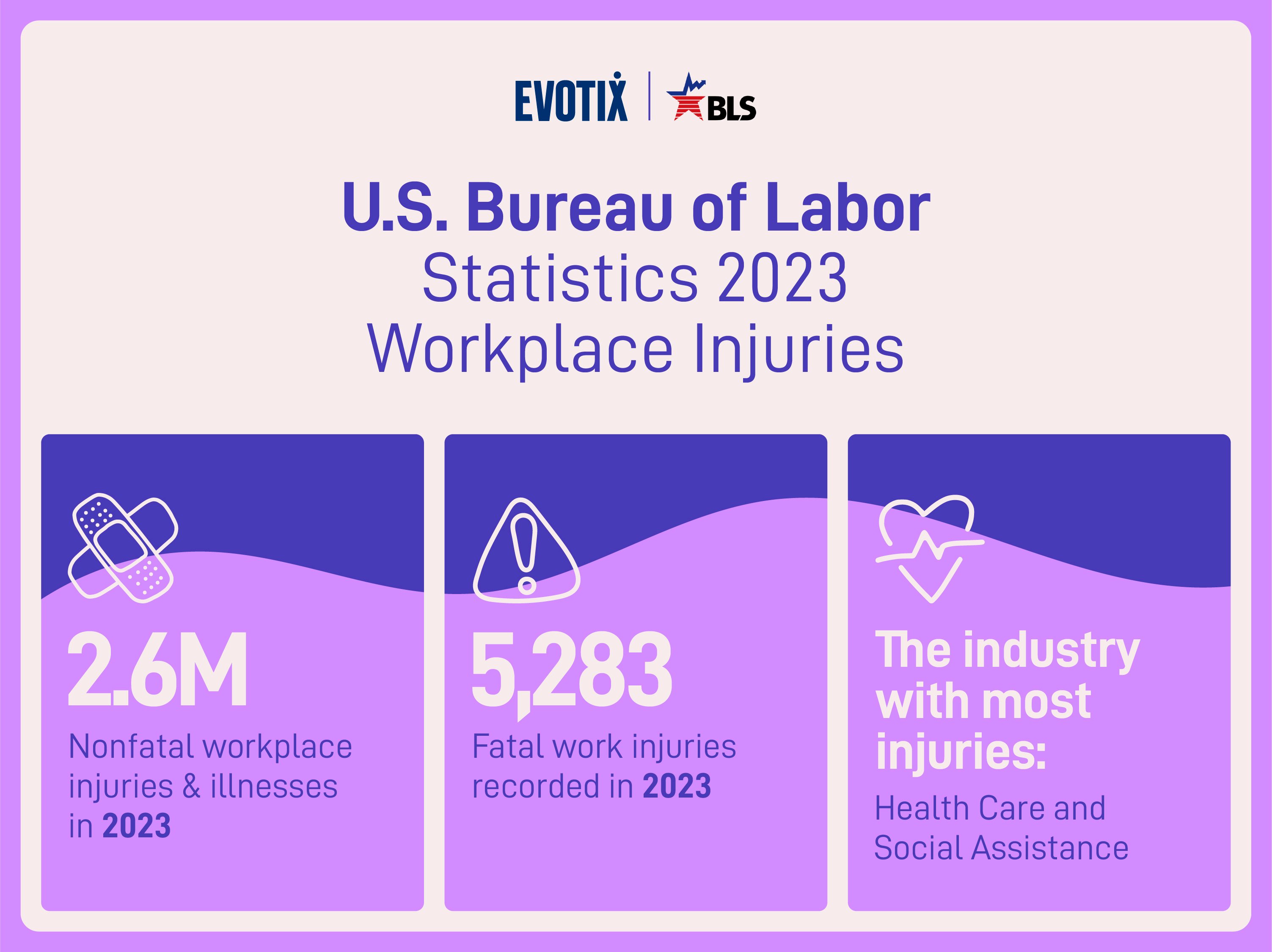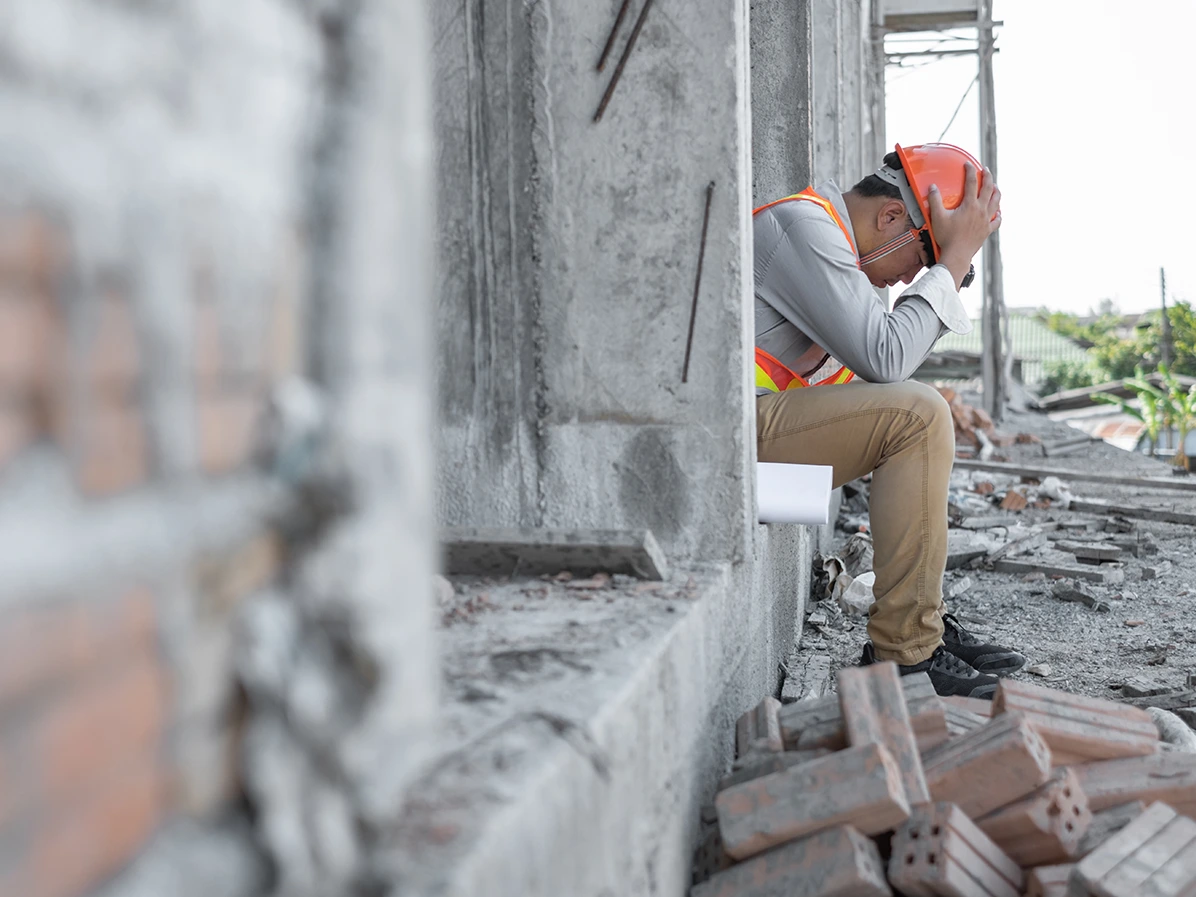Contents
An Arthritic Hand Hit Me Harder Than Cancer…
15 December 2022
When we think of health and safety incidents at work, we often talk about fatalities; but nonfatal injuries and illnesses are still a big problem. This year alone, 2.7 in 100 full-time workers in the US recorded an incident and the cost per medically consulted injury was $44,000.
But when I was diagnosed with arthritis in my hands a few years ago, I learned that the impact of even seemingly small injuries and illnesses goes way beyond the individual and the cost of treatment.
One finger turned my life upside down
After surviving cancer 8 years ago, I was confident I could cope with anything. But it turns out that surgery on one arthritic finger in my dominant hand changed my life far more significantly.
I had been taking anti-inflammatory medication to cope with the pain I was feeling in both of my hands, but as the pain worsened, I followed my doctor's recommendation of surgery to remove some of the problem areas on a particularly bad finger. I shrugged off any concerns about the surgery thinking that, compared to chemo, it would be a breeze. I couldn’t have been more wrong.
I incorrectly assumed that with just one finger going under the knife I’d be back to “life as usual” quickly post-op. I was shocked when they bandaged up my entire arm to the elbow, because I knew that meant I couldn’t do anything for myself – no typing, no writing, no food prep, difficulty even getting dressed. Suddenly, such simple things weren’t so simple.
Surgery on me impacted my partner and my colleagues
As an incredibly proactive, productive, independent and positive person, the inability to do things for myself really affected my psyche; but the impact it had on my spouse and colleagues made it ten times worse.
I tried to work as usual, but needed assistance so often, I quickly realized I was impacting my team because I was stopping them from getting their work done. That’s when I decided it was time to step away from work completely, leaving my colleagues to pick up my duties. It felt awful.
It hit my home-life equally hard. Going to the grocery store alone as I usually did was impossible. Sure, I had help from an employee to put the groceries into my car, but have you ever tried pushing a heavy cart around a store or heat soup on a hot stove with one hand? It’s just not safe! So, my husband had to manage all of the household duties on top of his own full-time job.
Simple pleasures like going out for dinner also became a huge chore because I couldn’t go to the restroom without having him there to help me get my pants on and off. Suddenly, my independent self felt completely useless and like a huge burden on everyone. I became very depressed and eventually couldn’t get up off the sofa.
If I could turn back time
If I had a time-machine, I'd totally change the way I approached my illness and post-surgery injury. I would have done a lot more research and preparation to lessen the impact on myself and those around me. Not only would I have asked more questions of the doctor, I would have read stories from people who’d been through something similar.
I’m lucky enough to have savings in the bank, good insurance from a supporting employer, a great partner and colleagues; so we could have found a way to line up help around the house to take the burden of cleaning, laundry and grocery shopping off my husband. While at work, I could have hired temporary admin support and prepared dictation tools to help me write emails. I could have made sure I had some professional emotional support so that I had someone to walk this journey alongside me so when my mental well-being did start to slip, we could catch it before it got too bad.
But I’m one of the lucky ones. I feel a hard lump in the pit of my stomach when I think about the thousands of people out there who don’t have insurance, any savings, a caring employer or a good support network. I dread to think what I would have done if I’d been in that situation. There’s no doubt that struggles like these are contributing to the rise in workplace suicides.
Words of wisdom for other employers
So, what can we as employers do to make sure we’re supporting our workers’ health and well-being in situations like this? Here are my top take-aways from this experience:
Chronic disease & injuries are as serious as cancer: It’s vital to ensure that as employers we’re doing everything we can to protect our people. We tend to prioritize things like cancer because we automatically correlate cancer to death, but actually chronic disease or accidents that permanently impact a person's life can have an equally big impact on their health and well-being.
The ripple effect: If someone is ill or injured, it’s not just them that’s impacted. A good employer will think about how to make sure colleagues, family and perhaps most importantly, children, are protected as much as they can be. Imagine the emotional impact on a small child if they see a parent injured or unable to function, and how their parent’s lack of ability to work to provide for them might impact their ability to go to school.
Robust insurance is key: Providing workers with great insurance is obviously key, so that if something does happen, they’re still able to live, support those dependent on them and focus on getting well, rather than wasting energy worrying about money. There is a huge cost to being unable to work. In the US you can apply to protect your job under the Family and Medical Leave Act (FMLA), but it doesn’t provide monetary coverage. It only ensures you have your job or one just like it when you come back after 3 months.
Preventative and holistic approach: Good health and well-being needs to be approached from a preventative and holistic perspective. By this I mean that as employers we need to do everything we can to prevent our workers from getting ill or injured; and then if they do, taking a proactive and collaborative role to help their physical and mental recovery.
This experience has given me just a tiny taste of what people who suffer workplace accidents and injuries go through. If I can be this impacted by a single finger, then I hope employers read this and see what the devastation can be for an employee who loses a limb permanently!
It’s honestly changed my life forever and has helped everyone at Evotix gain a deeper understanding of why the work we do to protect people’s health and safety is so vital. I wanted to share my experience with you in the hopes that it helps even one person understand how an employee might feel after an incident or accident.
If you want to learn more about preventing or managing situations like this well, check out some of our expert resources. You can hear and read about how to prevent accidents and issues with tactics like hazard spotting, risk assessments, and reaching 100% of your workplace with easily accessible and engaging health and safety training. And when it comes to supporting colleagues after an incident, remember that good health and well-being is more than just physical.
RELATED BLOGS

Navigating Change: A Year-End Reflection for EHS&S Professionals
11 January 2024 - Langdon Dement
The end of each year brings about many different feelings for EHS&S professionals. We experience anxiety for tasks that still need to get done, we reflect on the previous year and our focus shifts to..

Bureau of Labor Statistics Releases 2023 Fatal and Nonfatal Injuries and Illnesses Report
16 January 2025 - Langdon Dement
The start of a new year offers the perfect opportunity for reflection. It's a chance to celebrate progress, assess past challenges and identify areas for improvement. As EHS professionals, we take..

What Does It Mean to Fail Safely? Reframing Health and Safety Failures
25 September 2025 - Langdon Dement
When we hear the word failure, we have been conditioned to assume something negative. But when it comes to health and safety, are we doing more damage than good when we buy into failure’s bad..

